Contract
DoubleOhHoya
12 years ago
Related Stories
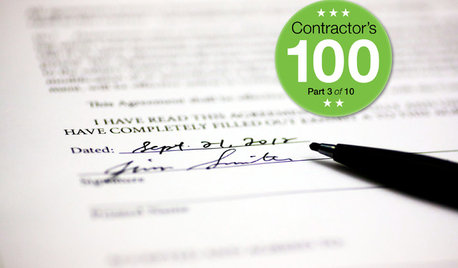
CONTRACTOR TIPSWhat to Look for in a Contractor's Contract
10 basic ingredients for a contract will help pave the way to remodel happiness
Full Story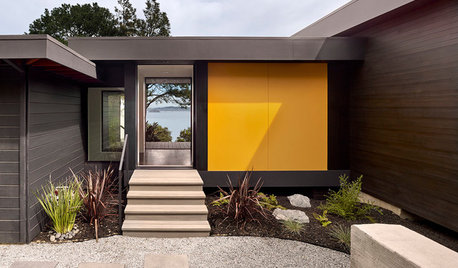
BUDGETING YOUR PROJECTConstruction Contracts: What to Know About Estimates vs. Bids
Understanding how contractors bill for services can help you keep costs down and your project on track
Full Story
BUDGETING YOUR PROJECTConstruction Contracts: What Are General Conditions?
Here’s what you should know about these behind-the-scenes costs and why your contractor bills for them
Full Story
WORKING WITH PROSConstruction Contracts: How to Understand What You Are Buying
Learn how plans, scope of work and specifications define the work to be completed
Full Story
DESIGN PRACTICEContracting Practice: Marketing Your Business
To keep those projects rolling in, combine old-school techniques with the latest in high-tech networking
Full Story
LANDSCAPE DESIGNWhat to Know About Landscape Design Service Agreements
Learn about the types of contracts and what they cover to help you set up a smooth working relationship with your designer
Full Story
ARCHITECTUREDesign Practice: Getting Paid
Pro to pro: Learn how to manage contracts and set up the right fee structure for your work
Full Story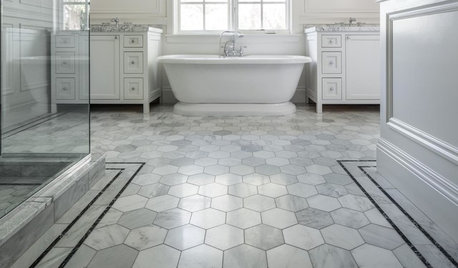
TILEWhy Bathroom Floors Need to Move
Want to prevent popped-up tiles and unsightly cracks? Get a grip on the principles of expansion and contraction
Full Story
CONTRACTOR TIPS10 Things to Discuss With Your Contractor Before Work Starts
Have a meeting a week before hammers and shovels fly to make sure everyone’s on the same page
Full Story
REMODELING GUIDESWhat to Consider Before Starting Construction
Reduce building hassles by learning how to vet general contractors and compare bids
Full Story






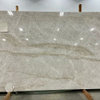

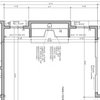
renovator8
bevangel_i_h8_h0uzz
Related Professionals
Morganton Architects & Building Designers · Seal Beach Architects & Building Designers · Vancouver Architects & Building Designers · Bell Gardens Architects & Building Designers · Clayton Home Builders · Eau Claire Home Builders · Knik-Fairview Home Builders · Alhambra General Contractors · Aurora General Contractors · Decatur General Contractors · DeSoto General Contractors · Fort Pierce General Contractors · Greenville General Contractors · Langley Park General Contractors · Roseburg General Contractorsrenovator8